Describe What a Juvenile Trial Is Like.
Juveniles do not have the right to a jury trial and all trials in. Unlike adult court your child is not entitled to a jury trial.
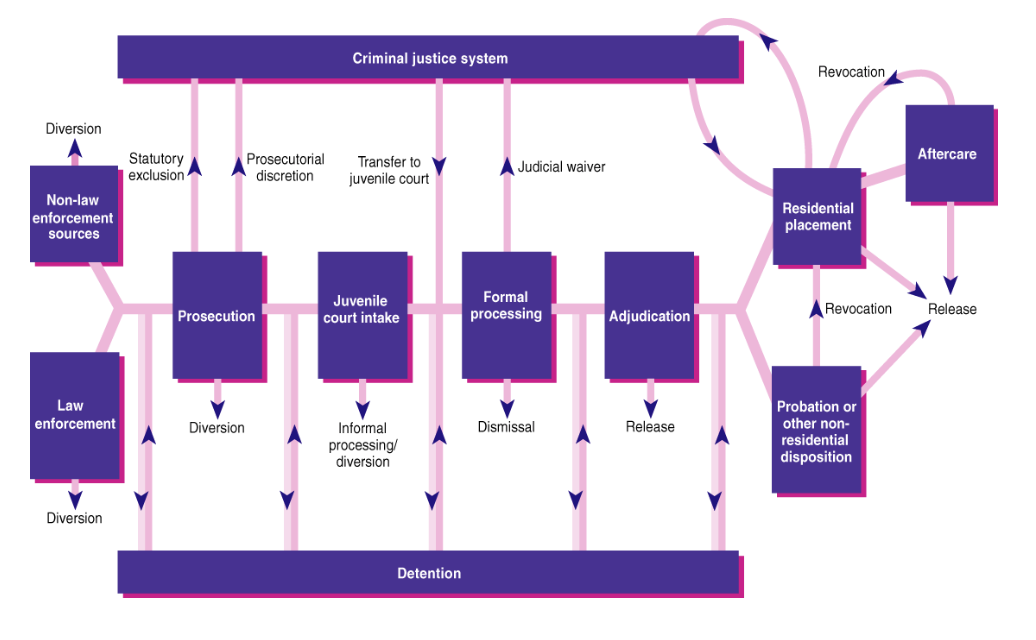
10 10 The Structure Of The Juvenile Justice System Sou Ccj230 Introduction To The American Criminal Justice System
In this way its like juvenile jail.

. At trial the state must still prove each of element of each offense beyond a reasonable doubt. When a juvenile typically a person younger than 18 though some people under 18 can be charged as adults is accused of a crime the juvenile is not subject to the same criminal justice system that an adult would. When kids as young as 9 can be put on trial for severe crimes it is a group of adults that will decide that juveniles fate.
Many of the juvenile courts procedures reflect an effort to balance these two concerns and rehabilitate juvenile delinquents. A Factfinding Hearing is a trial to determine the facts. In lieu of twelve jurors the juvenile court trials are done by a judge or commissioner who acts as both judge and trier of fact.
A juvenile court matter comes to the courts attention when the police apprehend a minor for violating a statute or a school official parent or guardian refers a problem with a juvenile to the court. If a crime is particularly. In fact the proceeding in a Juvenile Court is not called a trial.
The United States requires that you be at least 18 to be empaneled onto a jury so having someone judge the content of a case from a different perspective may not result in a fair trial. A minor like a criminal defendant is entitled to representation by a lawyer or public defender. If any of these things give the judge reason to make a punishment more or.
Before the case proceeds to trial the Assistant State Attorney may arrange an informal meeting with the witnesses who will be testifying at the trial. The attorney advises the witnesses of trial procedures and the questions that mat be asked during the trial. In a juvenile case a judge will determine whether the juvenile is guilty or innocent as well as the appropriate punishments.
If the case goes to trial called an adjudicatory hearing in a juvenile case both sides present evidence and the attorneys argue the case much like a. In some cases where violent acts are involved that deadline can be as long as 3 days after being detained. Some youth like Robert may not have been brought to juvenile hall even though they have a delinquency case.
To juvenile hall not counting weekends or holidays. Juveniles have a right to a hearing to determine if their case should be transferred to adult court. Non-Jury Trial Juvenile cases are tried before a Judge only with no jury.
The significant difference between adult and juvenile incarceration is the fact that juvenile cases tend to focus more on rehabilitation rather than punishment as for adults. Anyone over a states given age limit is tried as an adult. The case will likely be set for a pre-trial or status conference before a trial setting.
While this may seem frustrating and does involve reducing the rights a person. The judge holds an adjudicatory hearing. The judge makes a decision.
For adults found guilty of a crime the presiding court rules in favor of punitive measures. There is no jury in this process. A trial is a public proceeding with a judge and possibly a jury.
After the trial the judge sentences the minor to a duration of time in juvenile hall community service or various other types of punishments. For instance a court imposes a penalty that substantially reduces the. An adjudicatory hearing takes place in juvenile court and is like a trial when the judge hears the facts of the case from the defense attorney and the prosecution.
Who is a Juvenile. Most states consider a juvenile a person between the ages of ten and eighteen however some states set the maximum juvenile age as sixteen. Regardless of the type of placement the very process of confining young peoplecutting them off from their families disrupting their education and often.
The term used to describe such a proceeding is adjudication hearing. Instead juveniles go through the juvenile justice system. The justice system recognizes this by applying different consequences for minors and adults.
An adjudicatory hearing is the juvenile court equivalent of a criminal trial. Instead they have an adjudication hearing. There will be a single judge hearing the case deciding on guilt and providing a punishment.
Other children are sent to juvenile institutions with campus-like or pastoral settings such as residential treatment facilities or wilderness programs but still experience poor outcomes. Up to 25 cash back A juvenile adjudication is the equivalent of a trial. If a minor is charged with murder has almost reached the age of majority has a long record of prior criminal activity especially violent crimes like assault and battery and already has received services in the juvenile justice system like counseling and confinement in a juvenile facility a judge likely would decide the minor should be charged as an adult.
However they do not have the right to a trial by jury. It is a trial except that the judge rather than a jury is the trier of facts All of the ordinary trial rules apply except that the proceedings are not generally opent to the public. A juvenile court works like the adult courts in that there is a trial and a hearing for the individual in which the crime and the defendant are taken into consideration.
Some juvenile cases are transferred to adult court in a procedure called a waiver Typically juvenile cases that are subject to waiver involve serious offenses like rape or murder or juveniles who have been in trouble before. Robert was sent a letter telling him about his first court date time and. When a juvenile judge sets the case for adjudication he or she is setting it for a trial.
A judge sentences an offender to confinement in a facility with other minors found guilty of breaking certain laws. A juvenile court judge in a criminal case can take other factors into consideration like the age they were when the crime was committed their life at home and their behavior in school. The State Prosecuting Attorney presents evidence and bears the burden of proving the allegations of the Delinquency Petition beyond a reasonable doubt.
One option for punishment is juvenile detention. The court intake officer then evaluates the case to determine whether further action is necessary whether the child should be referred to a. In a juvenile trial the accused does not have the same type of trial that an adult would have.
The Judge of the Juvenile Court sits as the factfinder and renders judgment. If the juvenile doesnt fulfill these obligations the court may reinstate formal charges. There is no jury trial.
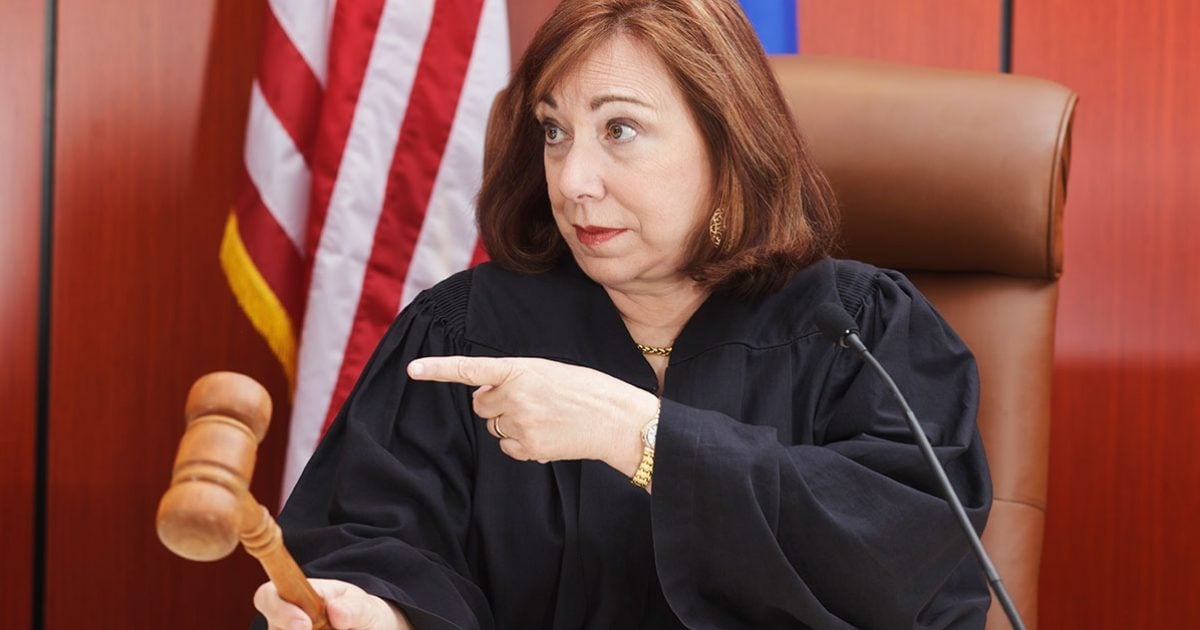
What Is Juvenile Justice The Annie E Casey Foundation

Pin On Cadv450 Elissa Yan 1 15 18
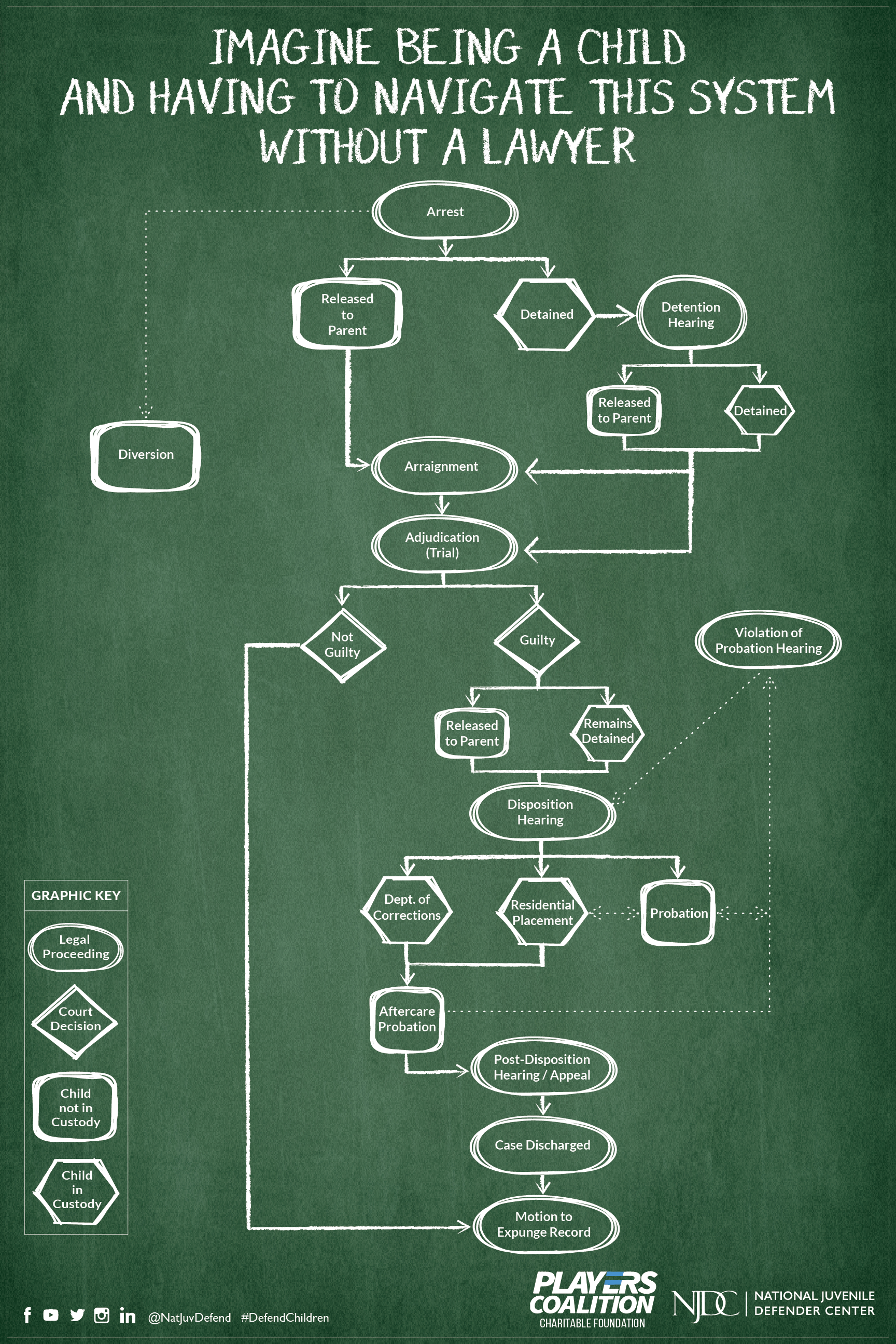
Flowchart Of The Juvenile Court Process Njdc
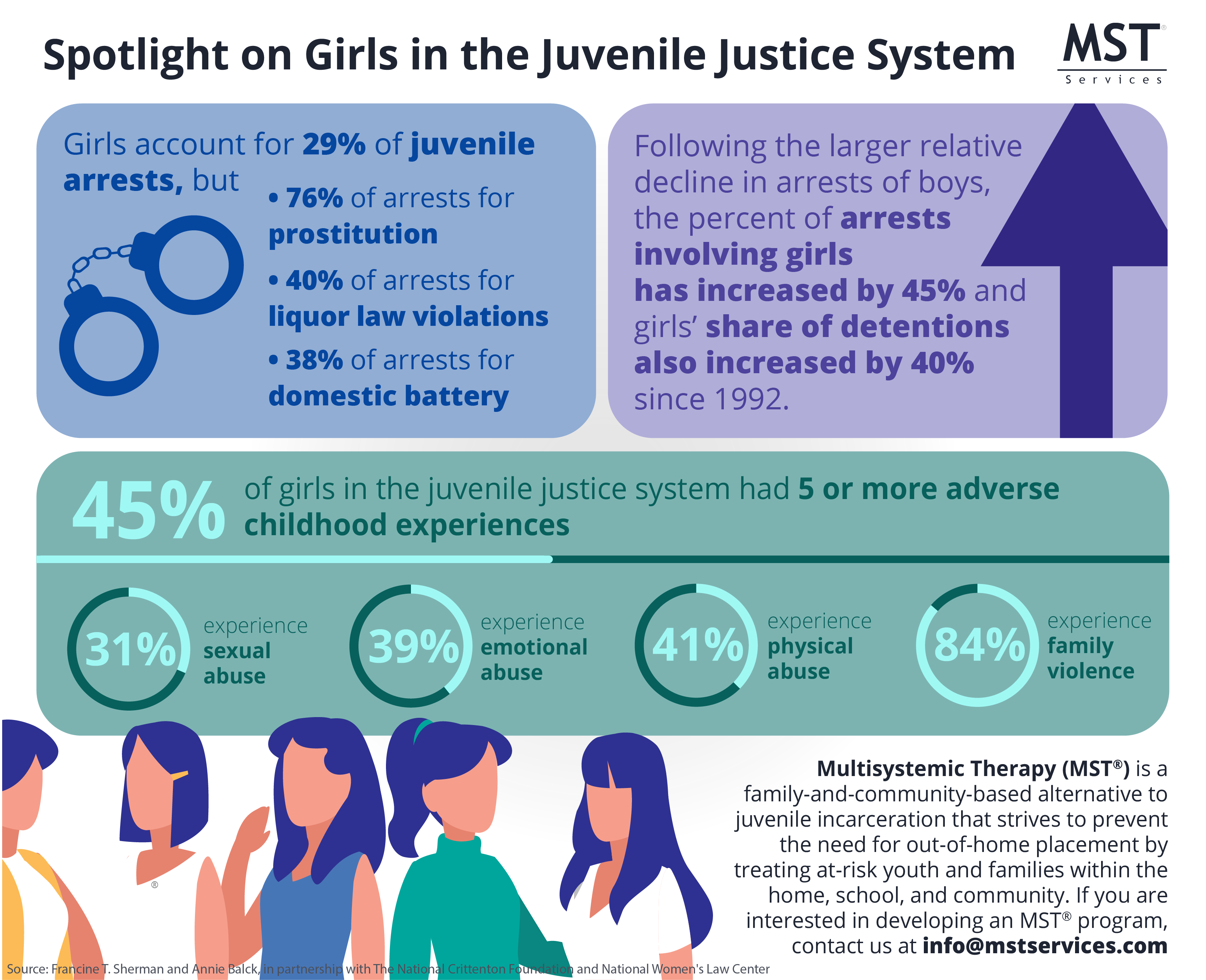
Juvenile Justice Infographics Mst Services
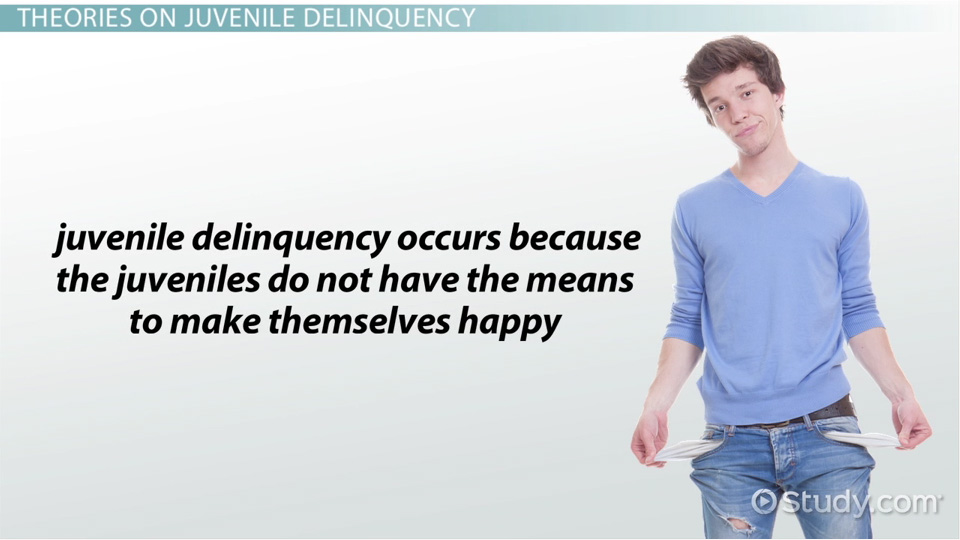
What Is Juvenile Delinquency Definition Theories Facts Video Lesson Transcript Study Com

Pin By Susan Weaver On Juvenile Justice In 2022 Criminal Case Client Relationship Criminal Defense Attorney

Juvenile Justice A Brief Overview

10 Tips To Find The Best Lawyer Of These 25 Lawyers Types Corporate Law Labor Law Legal Services

Pin By Parent Professional Advocacy L On Juvenile Justice Incarceration Prison Sentences

Juvenile Justice Care And Protection Of Children Act An Analyse Act For Kids Acting Health Insurance Companies

Describing Your Character How To Make Each Detail Count Writers Helping Writers Writing Life Writer Writing Advice

Character Reference Letters For Court Example Template Google Docs Word Template Net Reference Letter Letter To Judge Sample Character Reference Letter





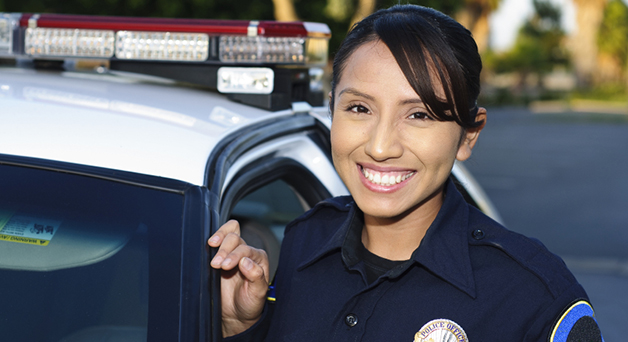


Comments
Post a Comment